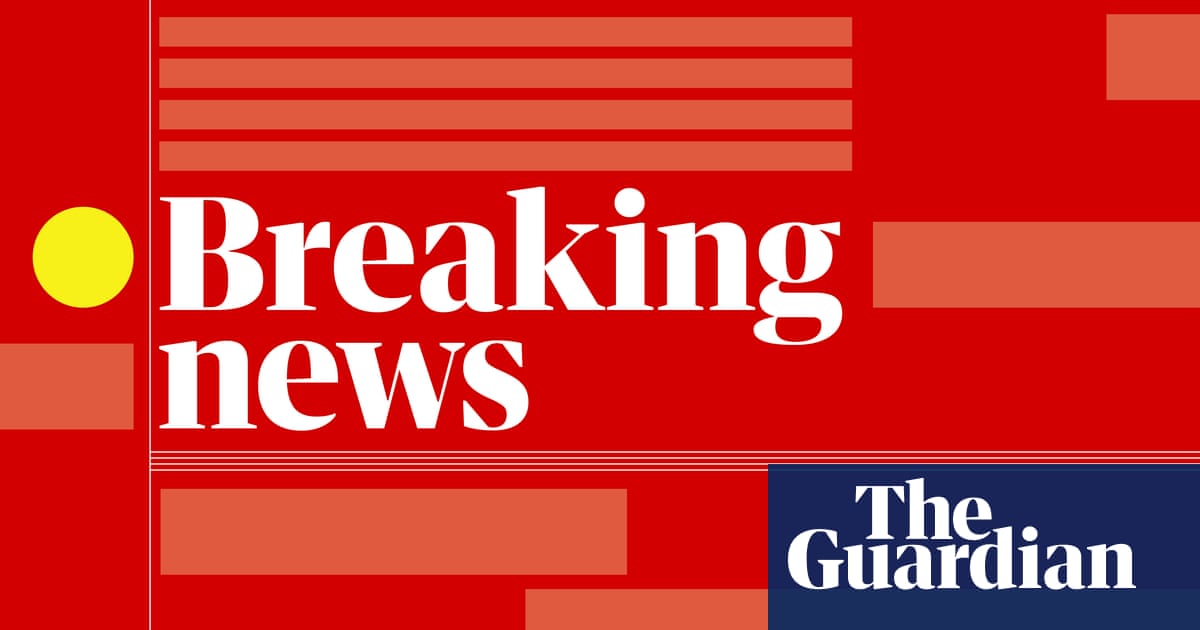
A bill to alter the constitution and enable the Indigenous voice has passed the federal parliament ahead of Australia’s first referendum in 24 years to be held later in 2023.
The Senate passed the bill on Monday 52 votes to 19, confirming the wording of the constitutional change to be put to the Australian people. The draft legislation passed the lower house last month.
The shadow attorney general, Michaelia Cash, made a last-minute speech slamming the proposed Indigenous consultation body, outlining the opposition’s criticisms about a lack of detail and claiming the change would open “a legal can of worms”.
Sign up for Guardian Australia’s free morning and afternoon email newsletters for your daily news roundup
The Senate sat from Friday morning until Saturday 4am to allow for speeches and the committee stages on the debate. The government did not accept any amendments to its proposed wording.
The assistant minister for Indigenous Australians, Malarndirri McCarthy, told the Senate before the vote: “First Nations people want this to happen. They’re reaching out to all Australians, to be able to feel proud of this time in our country’s history, where we can lift one another up.” McCarthy said it was a critical moment in Australia’s history.
The Greens First Nations spokesperson, Dorinda Cox, called Monday’s passage of the bill “a historic day”.
The Indigenous Australians minister, Linda Burney, the attorney general, Mark Dreyfus and the senior minister Chris Bowen, all members of the lower house, sat in the upper house to watch the vote as the bill passed.
The independent senator Lidia Thorpe spoke in the chamber wearing a T-shirt reading “gammin”, a reference to her opposition to the voice, which she said was “fake, pretend and a joke”. She said the proposal was all about “appeasing white guilt” and that it would not provide genuine black sovereignty.
The bill passed with the support of Labor, the Greens, some Liberals, David Pocock and the Jacqui Lambie Network. Other Liberals, the Nationals, Thorpe, One Nation and Ralph Babet voted no.
The bill’s passage was greeted with applause and a standing ovation from the crowded public galleries which included Indigenous leaders Tom Calma, Megan Davis and Pat Anderson.
after newsletter promotion
The Indigenous Australians minister, Linda Burney, tweeted asking supporters to contribute to the yes campaign. “It’s time for the conversation to get out of Canberra and into your community.”
BREAKING: The Constitution Alteration has passed the Senate! There will be a referendum on Constitutional Recognition through the Voice.
Together we can deliver a better future for Aboriginal and Torres Strait Islander Australians.
Here’s how you can help... 🧵 #voteyes pic.twitter.com/eTlrQTO2hw
The prime minister, Anthony Albanese, tweeted: “Now the Australian people will have a chance to say yes. Together, we can make history by enshrining recognition of Aboriginal and Torres Strait Islander people in our constitution.”
The voice referendum must now, by law, be held between two and six months’ time. Committees of politicians who voted yes and no in the parliament will be given 28 days to assemble persuasive essays that will be sent to all Australians in an official referendum pamphlet.










 English (US)
English (US)